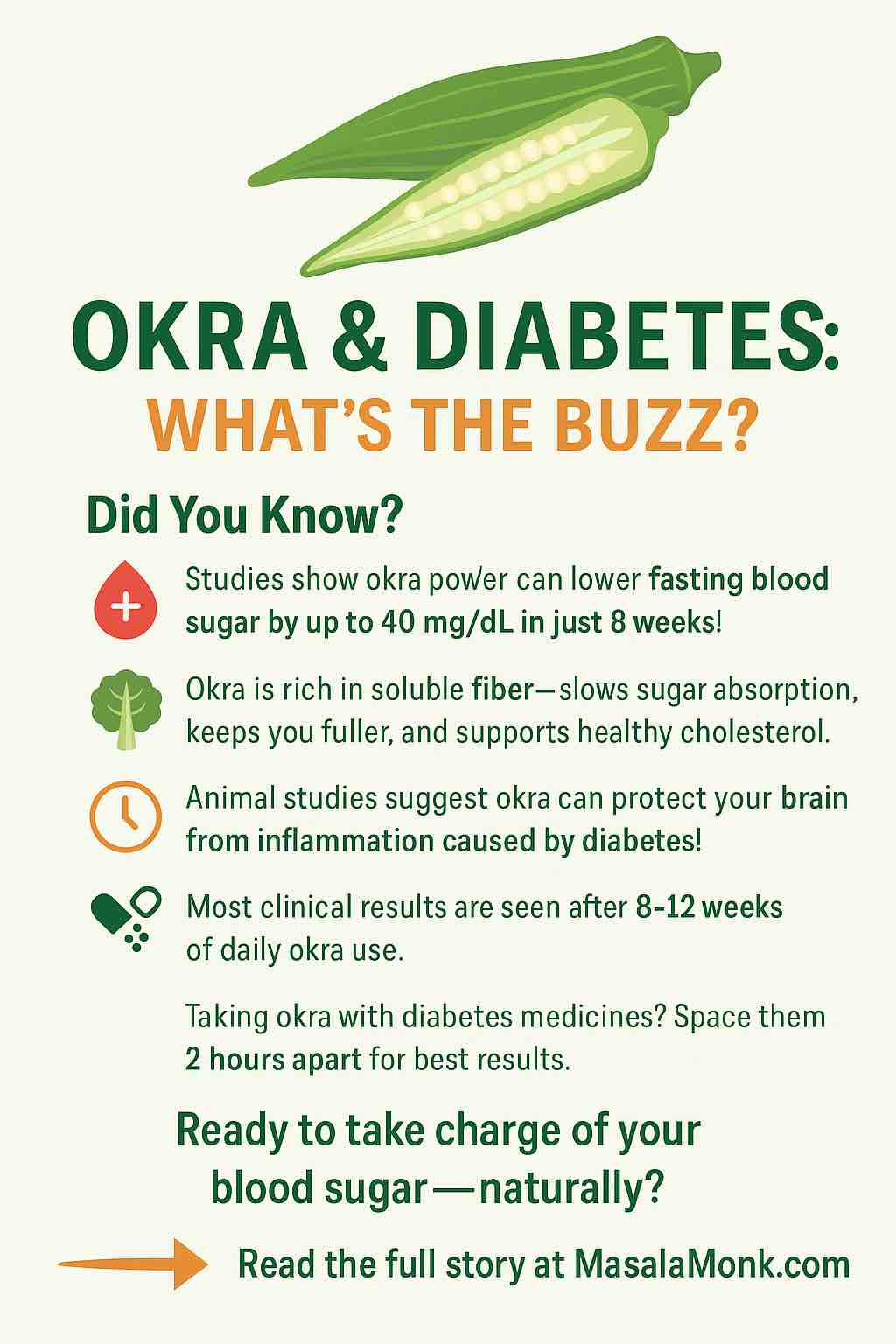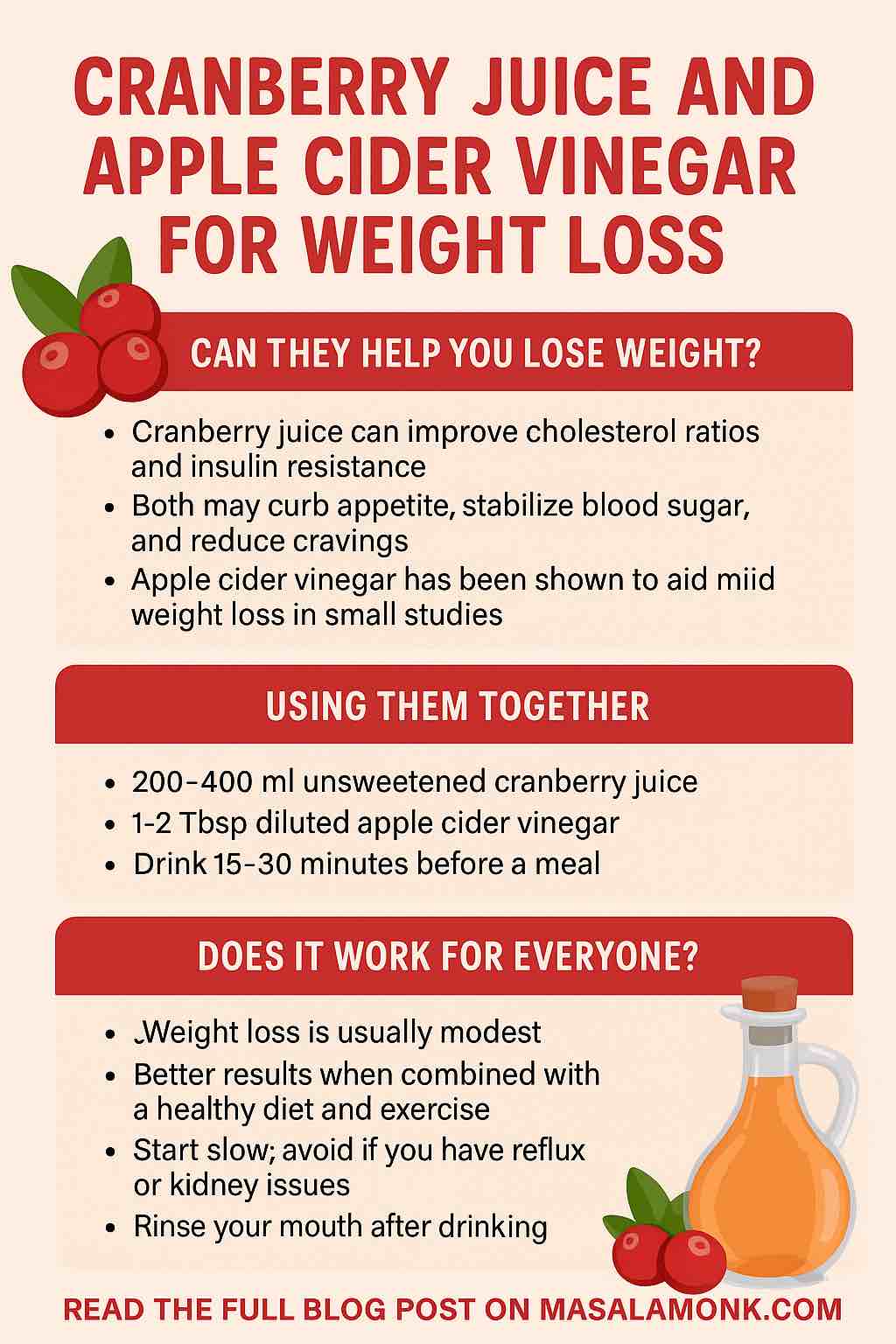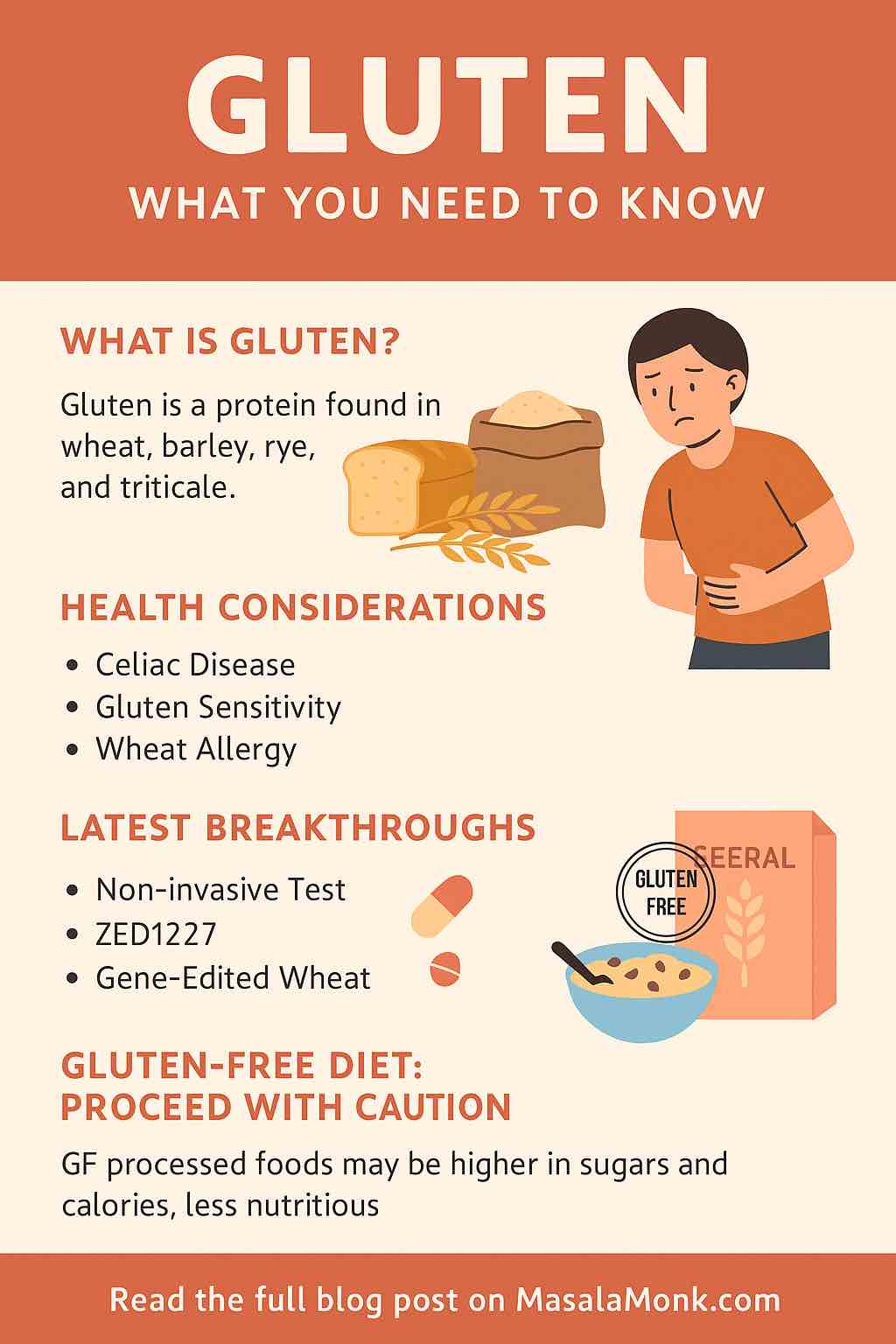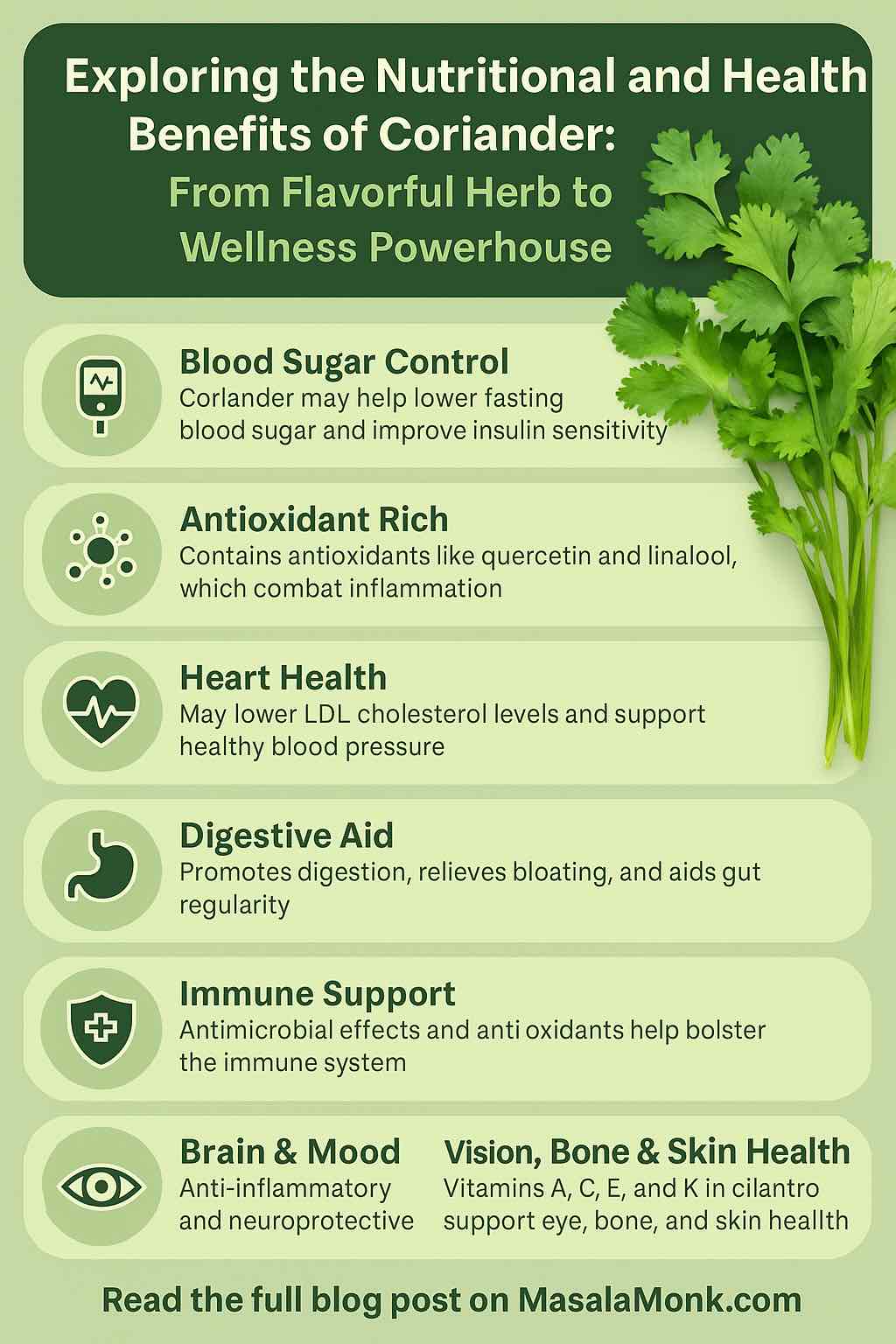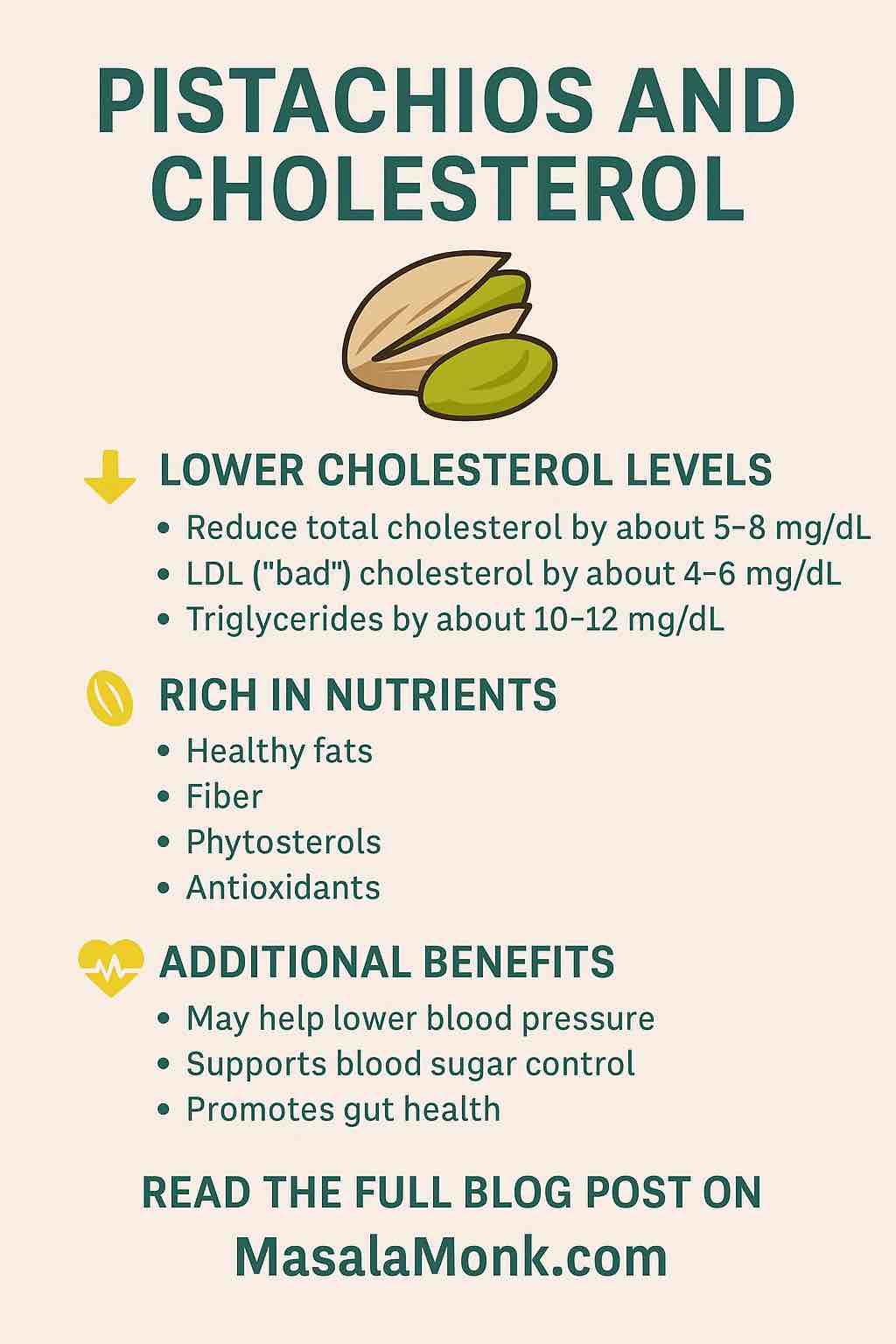
Imagine a snack that’s delicious, fun to crack open, and—according to a growing stack of studies—could help keep your cholesterol in check. Enter the humble pistachio: the green-hued, bite-sized nut that’s quietly taking center stage in the world of heart health. But what’s the real science behind pistachios and cholesterol? And how can you harness these benefits in your daily life without overdoing it?
In this post, we’ll break down the latest research, uncover the fascinating link between pistachios, cholesterol, and your gut, and serve up actionable tips for making pistachios part of a truly heart-healthy lifestyle.
The Science: Pistachios in the Spotlight
A Growing Body of Evidence
For years, nutritionists have touted nuts as “heart-healthy”—but not all nuts are created equal. Recent studies are zooming in on pistachios, and the findings are impressive:
- Lower LDL (“bad”) Cholesterol: Meta-analyses and clinical trials consistently show that regular pistachio consumption (about ⅓ to ⅔ cup, or 30–85g per day) can lower LDL cholesterol by about 4–6 mg/dL.
- Total Cholesterol Drops Too: Total cholesterol reductions average around 5–8 mg/dL.
- Triglycerides Benefit: You might also see triglycerides drop by about 10–12 mg/dL, especially if pistachios replace refined carbs or less healthy snacks.
- HDL (“good”) Cholesterol: Most studies show HDL remains stable, with occasional slight increases.
A 2025 Breakthrough: Gut Health Joins the Party
A just-published 12-week clinical trial found that people with prediabetes who ate a generous nightly portion of pistachios (about ½ cup) didn’t just improve their cholesterol—they also experienced:
- A healthier gut microbiome: More beneficial bacteria (like Roseburia and Lachnospiraceae), less of the “bad actors” (like Flavonifractor).
- Better blood sugar and blood pressure.
- Reduced markers of inflammation.
This suggests pistachios’ benefits for cholesterol may not just be about fats and fiber—they could also be working through your gut.
Why Do Pistachios Lower Cholesterol?
The answer is a delicious mix of nutrition science and biology:
- Healthy Fats: Pistachios are rich in monounsaturated and polyunsaturated fats—the types known to lower LDL.
- Phytosterols: These plant compounds block cholesterol absorption in your gut.
- Fiber: The fiber in pistachios binds to cholesterol in your digestive tract and helps ferry it out of your body.
- Antioxidants: Pistachios are loaded with vitamin E and other antioxidants that prevent LDL from becoming oxidized (a key step in the development of heart disease).
- Prebiotic Power: That fiber also feeds gut bacteria, encouraging the growth of beneficial microbes that may directly influence cholesterol metabolism.
Beyond Cholesterol: The Full Heart-Health Package
While cholesterol takes the headline, pistachios offer other cardiometabolic perks:
- Blood Pressure: Clinical trials show regular pistachio snacking can shave 1–2 mmHg off your systolic blood pressure—small but meaningful for heart health.
- Blood Sugar Control: In people with prediabetes or diabetes, pistachios improve fasting glucose and insulin sensitivity.
- Weight Management: Despite being energy-dense, pistachios are linked to increased satiety and better weight control, possibly because they’re satisfying and require effort to eat (think shelling them one by one!).
- Inflammation and Oxidative Stress: Both of which are important for long-term vascular health.
How Much Pistachio Is “Just Right”?
Science-backed, practical advice:
- Aim for 30–60g (about ⅓ to ⅔ cup) per day. This is the range used in most studies, often as a snack or “pre-meal.”
- Choose unsalted and dry-roasted or raw. Avoid added sodium and oils.
- Make the swap: Replace chips, crackers, or other refined snacks—not just add pistachios on top of your usual calories (unless you need the extra energy).
- Consistency is key: Benefits show up within about 12 weeks of regular use.
Making Pistachios Part of Your Routine
Breakfast:
- Sprinkle on yogurt or oatmeal
- Stir into overnight oats
Lunch:
- Toss into salads for crunch
- Use as a topping for roasted veggies
Snack:
- Enjoy a handful (shelled, if you’re pressed for time, but in-shell helps with mindful eating)
- Blend into homemade energy balls or bars
Dinner:
- Crust fish or chicken with crushed pistachios
- Mix into grain bowls or pilafs
Practical Tips and Caveats
- Calorie awareness: Pistachios are dense in calories, so if weight is a concern, substitute them for other snacks instead of simply adding them.
- Allergy warning: As with all nuts, they’re off-limits if you have a nut allergy.
- Quality matters: Store in a cool, dark place to keep them fresh and avoid rancidity.
The Gut-Cholesterol Connection: An Emerging Frontier
Why does your gut microbiome matter? Those beneficial bacteria help break down pistachio fibers into short-chain fatty acids (SCFAs) like butyrate, which may help lower cholesterol production in your liver and reduce inflammation throughout your body.
Think of it as a “team effort” between your diet and your inner ecosystem—a new reason to love these green gems!
Conclusion: Crack Open Better Health
From lowering LDL cholesterol to supporting a healthy gut, pistachios offer a heart-smart package that’s both delicious and practical. The latest research is clear: making pistachios a regular part of your day (in moderation!) can be a simple, satisfying, and evidence-based step toward better cholesterol—and a healthier you.
So the next time you’re pondering a snack, remember: every little green nut could be a step closer to a stronger heart and a happier gut.
For questions about your specific health situation, consult your healthcare provider or a registered dietitian.
If you enjoyed this post, share it with your fellow snack-lovers or leave a comment about your favorite way to enjoy pistachios!
Frequently Asked Questions (FAQs)
1. How many pistachios should I eat per day for cholesterol benefits?
Answer:
Most studies recommend about 30–60 grams per day, which is roughly ⅓ to ⅔ cup of shelled pistachios. This amount, eaten daily, is linked to lower LDL (“bad”) cholesterol and total cholesterol.
2. Should I eat pistachios raw or roasted?
Answer:
Both raw and dry-roasted pistachios provide heart-healthy benefits. Choose unsalted versions to avoid excess sodium, which can impact blood pressure.
3. Can pistachios help raise my HDL (“good”) cholesterol?
Answer:
Pistachios generally help lower LDL and total cholesterol, but their impact on HDL is usually neutral—sometimes showing a slight increase or remaining unchanged.
4. How soon will I notice cholesterol changes after adding pistachios to my diet?
Answer:
Improvements in cholesterol can be seen in about 8 to 12 weeks of regular daily intake, based on clinical trials.
5. Are pistachios safe for people with diabetes or prediabetes?
Answer:
Yes. In fact, pistachios have been shown to help improve blood sugar control and insulin sensitivity in people with prediabetes or diabetes, alongside cholesterol benefits.
6. Will eating pistachios make me gain weight?
Answer:
Not likely, if you use them to replace less healthy snacks or ingredients. Pistachios promote satiety, and studies show they do not lead to weight gain when eaten in recommended amounts as part of a balanced diet.
7. How do pistachios compare to other nuts for cholesterol lowering?
Answer:
Pistachios are among the top nuts for lowering LDL cholesterol, similar to almonds and walnuts. Each nut has unique nutrients, but all are heart-healthy when eaten in moderation.
8. What’s the best time of day to eat pistachios for cholesterol?
Answer:
There’s no strict timing. Some studies use pistachios as a “pre-meal” or nighttime snack. Consistency—eating them daily—is more important than timing.
9. Are there any risks or side effects to eating pistachios?
Answer:
Pistachios are safe for most people, but avoid them if you have a nut allergy. Watch portion sizes, as they’re calorie-dense, and choose unsalted versions to limit sodium.
10. Can pistachios replace cholesterol-lowering medication?
Answer:
No, pistachios can support cholesterol management but are not a substitute for prescribed medication. Always talk to your doctor before making changes to your treatment plan.

